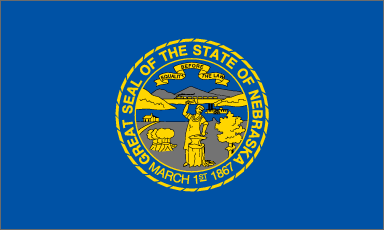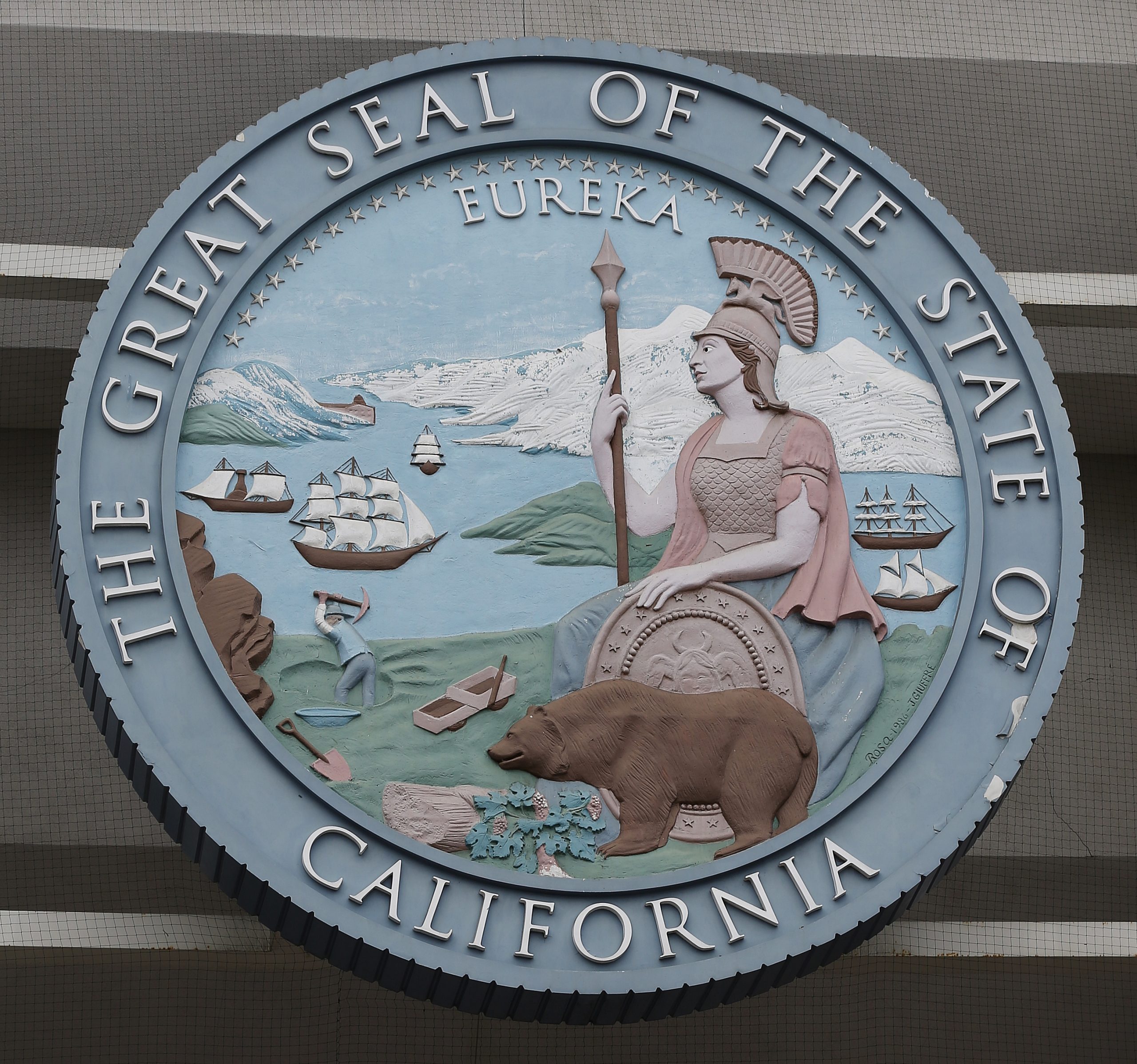Tag: ballot measure
-
Nebraska photo voter identification initiative submitted over 170,000 signatures

The signature deadline for Nebraska ballot initiatives was July 7. Citizens for Voter ID, the campaign behind an initiative to require voter identification, submitted over 170,000 signatures. In Nebraska, the number of signatures required to qualify an initiated constitutional amendment for the ballot is equal to 10% of registered voters as of the deadline for…
-
A California initiative to raise the minimum wage to $18 qualifies for the 2024 ballot

On July 7, the California Secretary of State announced that an initiative to increase the state’s minimum wage from $15 to $18 by 2026 for all employers had qualified for the 2024 ballot after missing the deadline to make the ballot in 2022. In California, initiative petition signature verification must be completed 131 days before…
-
2022 will feature the most abortion-related ballot measures on record; next states to watch for abortion measures are Michigan and Colorado

There will be at least five abortion-related ballot measures in 2022, including the first two ballot measures to provide explicit state constitutional rights related to abortion. On June 27, the California State Legislature passed a constitutional amendment, bringing the total to five – the most on record for a single year. Before 2022, the highest…
-
Campaign behind a ballot initiative to increase the minimum wage in Nebraska submits signatures

On July 7, Raise the Wage Nebraska, the campaign behind a ballot initiative to increase the state’s minimum wage to $15 by 2026, submitted over 152,00 signatures to the secretary of state. Currently, the minimum wage is $9 per hour. In Nebraska, the number of signatures required to qualify an initiated state statute for the…
-
Two Massachusetts ballot initiatives filed a second round of signatures for a spot on the November ballot

The Massachusetts Secretary of State reported on July 7 that two ballot initiatives had filed a second round of signatures on July 6. One initiative would incrementally change the number of retail alcohol licenses an establishment could own from no more than 12 in 2023 to no more than 18 by 2031. It would also…
-
Initiative to provide funding for pandemic detection and prevention programs qualifies for the California ballot in 2024

On July 5, the California Secretary of State reported that the initiative related to pandemic prevention programs, which initially targeted the 2022 ballot, had qualified for the 2024 ballot. The campaign submitted over 1.5 million signatures on May 5. The signature verification deadline was July 1—one day later than the June 30 deadline for the…
-
Oregon voters will decide on an initiative to disqualify legislators from re-election for legislative absenteeism, including walkouts

In November, Oregon voters will decide on an initiative to disqualify legislators from re-election if they are absent from 10 legislative floor sessions without permission or excuse. On July 5, the Oregon Secretary of State announced that the initiative had received enough signatures to make the ballot. The proposed constitutional amendment needed 149,360 valid signatures (8%…
-
Campaign for marijuana legalization initiative submits signatures in Oklahoma

In Oklahoma, the campaign behind a marijuana legalization initiative reported submitting 164,000 signatures for the ballot measure on July 5, 2022. Michelle Tilley, the campaign director, said, “The overwhelming number of signatures we have received demonstrates that our campaign has the momentum.” Of the signatures submitted, 94,911 signatures must be valid for the initiative to…
-
Seven propositions on California’s general election ballot this year

June 30 was the deadline for ballot propositions to qualify for the November general election ballot in California. The deadline applied to signature verification, ballot proposition withdrawal, and legislative referrals. Californians will be deciding on seven ballot propositions—six citizen-initiated measures and one legislatively referred constitutional amendment. At the top of the ballot will be a…
-
Ranked-choice voting campaign submits signatures for Nevada ballot

On June 29, the Nevada Voters First campaign submitted signatures to qualify for the Nevada ballot this November. This came on the day after the Nevada Supreme Court ruled that the initiative may proceed to the ballot. The Nevada Supreme Court ruled in favor of Nevada Voters First. The challenge to the ballot initiative, filed…

